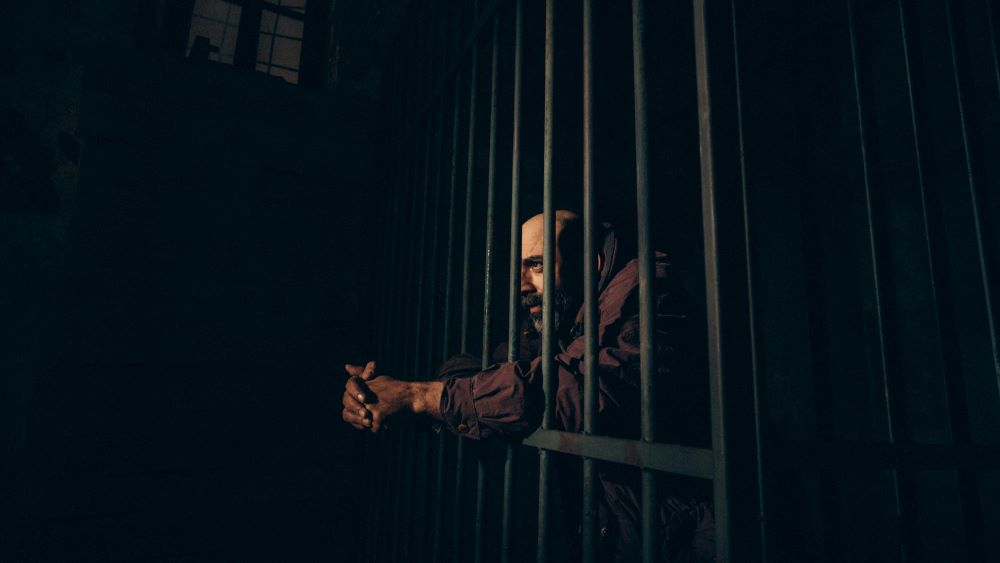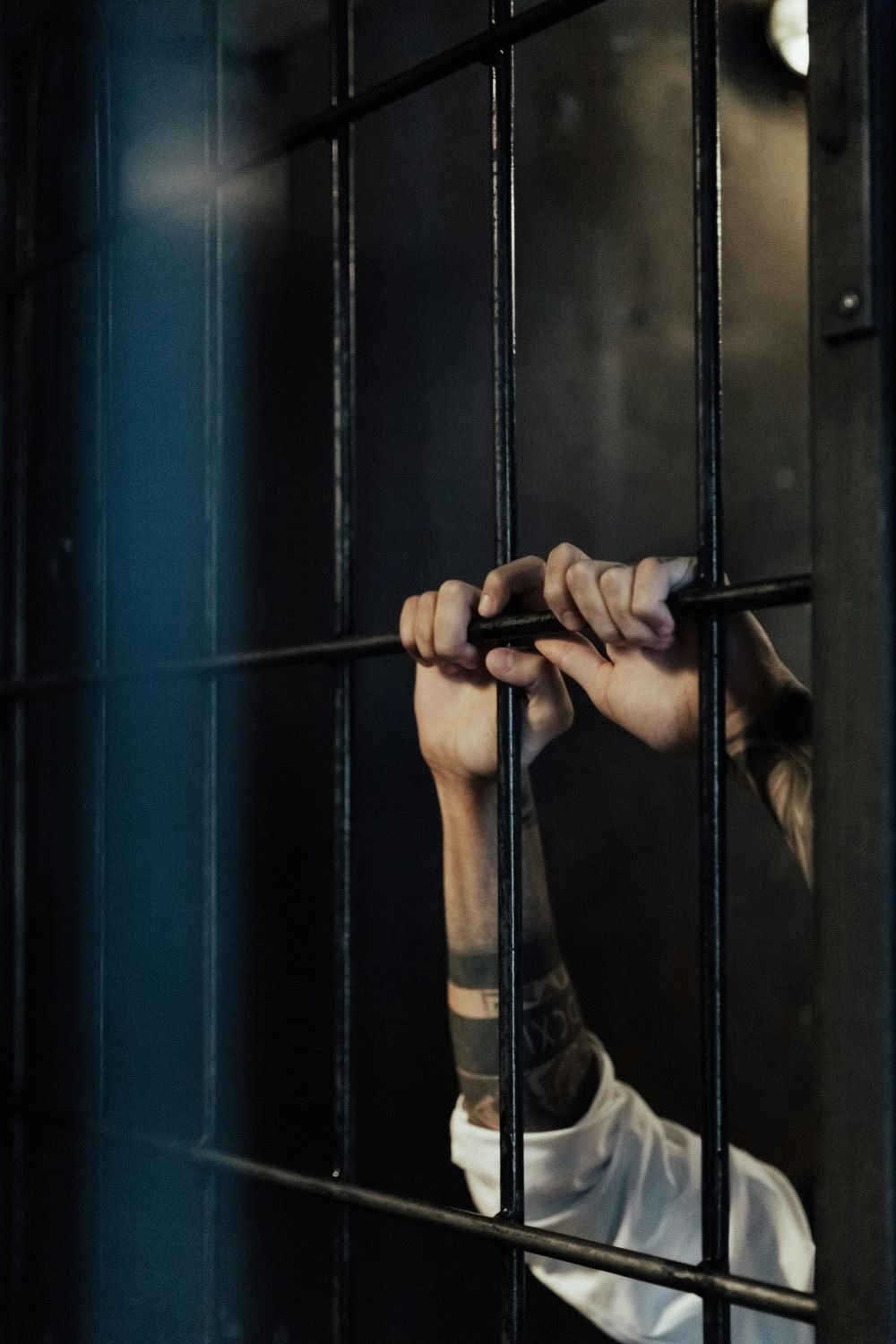Judge Mueller fined California $112 million for a lack of mental health professionals in its prisons.
California Chief District Judge Kimberly Mueller, an appointee of former President George W. Bush (Republican), recently held the state’s top prison officials in civil contempt for failing to hire enough mental health professionals to treat tens of thousands of inmates suffering from serious mental illness. She also fined the state $112 million, further sending a clear message that she is tired of the state’s lack of response to previous efforts to bring the system into compliance.
Judge Mueller expressed frustration that California has not complied with court orders to address the shortage of mental health professionals in state prisons, and that officials have piled on fines over the past 90 days rather than addressing the issue head on. He stated that “the sanctions imposed here are necessary to sharpen the focus, increase the sense of urgency for Defendants, and finally and permanently resolve the chronic shortage of mental health professionals in the state prison system.” Officials have one month to repay the remaining balance.
Gov. Gavin Newsom’s administration pushed back hard against the ruling, with Newsom spokeswoman Diana Crofts Pelayo calling it “deeply flawed” and saying it doesn’t take into account efforts the state has made to address the shortage of mental health professionals.

Teri Hardy, a spokesperson for the California Department of Corrections and Rehabilitation (CDCR), further argued that inmates currently have access to “often better” services than people outside of prison, reflecting the state’s “extraordinary steps to expand access to mental health care.”
But lawyer Ernest Galvan, who represents the prisoners, criticized the waiting period, saying it was “very unfortunate that state authorities have allowed this situation to deteriorate to this extent and for such a long period of time.”
According to data from the California Department of Corrections and Rehabilitation (CDCR), of the more than 100,000 prisoners currently in California, 34,000 suffer from mental illnesses such as schizophrenia, bipolar disorder, and severe depression. The first class action lawsuit over the treatment of prisoners with mental illness was filed more than 30 years ago, in 1990. The suit, filed as Coleman v. Brown, alleged that the prison system violated prisoners’ constitutional right to adequate medical care. A 10 percent vacancy limit was implemented in 2002 and continues to be used as the standard for determining whether prisons are complying with state law.
Adding to the judge’s frustration, more than $4.2 million in fines remain uncollected from a 2017 fine for delays in transferring inmates to state mental health facilities. In April 2023, the judge began levying $1,000-a-day fines for the state’s failure to implement court-ordered suicide prevention measures.
The decision to impose a $112 million fine on California, despite the state’s current budget deficit, sends a clear message that the courts will not tolerate the continued disregard of standard expectations regarding mental health resources for the prison population and highlights the importance of addressing serious mental illness for all people in the state.
source:
Federal judge finds California in contempt over prison mental health staffing
Coleman v. Brown: Recent Developments in Mental Health Staffing, Crisis Transfers, and Population Issues
California Department of Corrections and Rehabilitation

